Runners will tell you: finishing a race is an accomplishment that comes with a good dose of joy, gratitude and pride. You feel relaxed, happy and confident. Awesome isn't it? However, it is a practice that comes with its set of chronic injuries, fatigue, aches and pains, and so on... It cannot be said enough: finishing a race is as much a physical challenge as it is a mental one.
"Trail running provides transferable benefits and skills for everyday life, such as resilience, perspective change, readiness and mental health support. Participants have a better ability to handle change and evoke more joy and confidence in their daily lives."
- Selene Lincoln

Building resilience through trail running: women's perspectives, page 407
Running enables us to accept our mistakes and to move forward, even if the event seems tough. For 65% of runners surveyed, trail running is an opportunity to learn, grow and shape their future. A reminder that we evolve with change, and that change allows us to become a better person.
"In a race, the first few miles are often the most difficult.
The same goes for everyday challenges, both at work and in our relationships.Running helps us realize that while something may seem difficult at first, it won't always be."
- A survey respondent
The essence of trail running is not only about running. It is the quest for a unique experience, in symbiosis with our environment. Running in the middle of nature, far from everything, allows us to change our perspective, to be more mindful, to better understand ourselves and what surrounds us.
The benefits of trail running on the body and mind are reminiscent of Shinrin Yoku(Forest Bathing in English), a Japanese practice that consists of soaking up nature while walking or running. According to Dr. Qing Li's research, "forest bathing" promotes lower cortisol levels, lower blood pressure and higher parasympathetic nervous activity than in an urban environment. Trail running is a true meditation session that allows us to reconnect with our innate ability to heal.
References:
Dr. Qing Li (April 17, 2018). Forest Bathing: How Trees Can Help You Find Health and Happiness
Selene Lincoln (2021) Building resilience through trail running: women’s perspectives, Leisure/Loisir, 45:3, 397-421
Timm, K., Kamphoff, C., Galli, N., & Gonzalez, S. P. (2017). Resilience and growth in marathon runners in the aftermath of the 2013 Boston marathon bombings. The Sport Psychologist, 31(1), 42–55. 10.1123/tsp.2015-0053.
The physiological effects of Shinrin-yoku (2010) https://pubmed.ncbi.nlm.nih.gov/19568835/


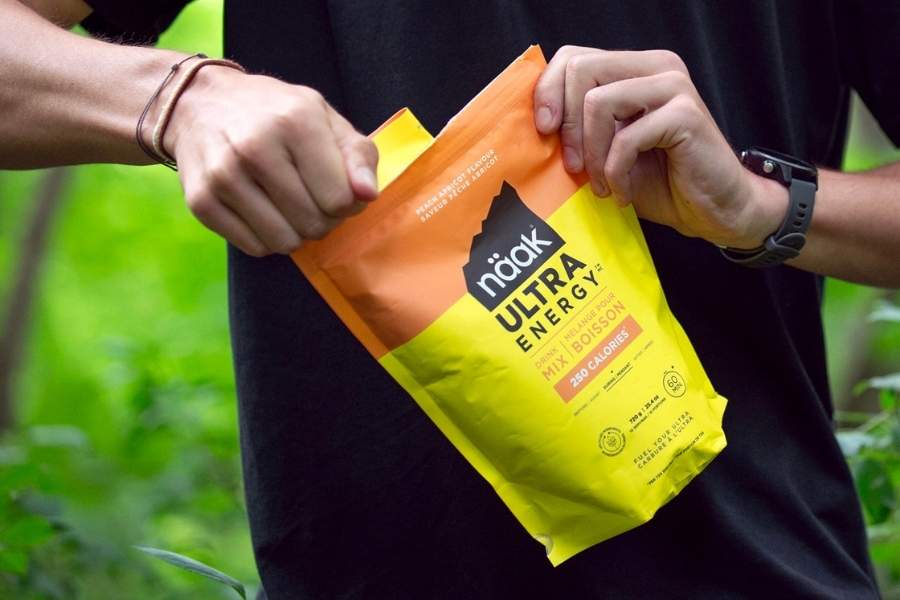

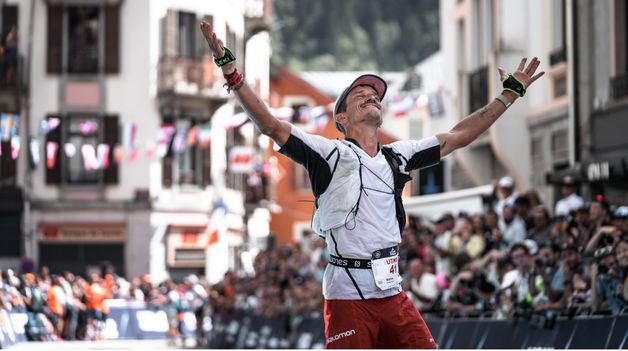
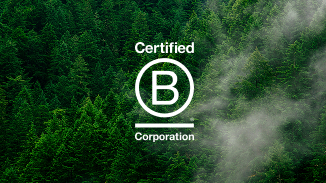

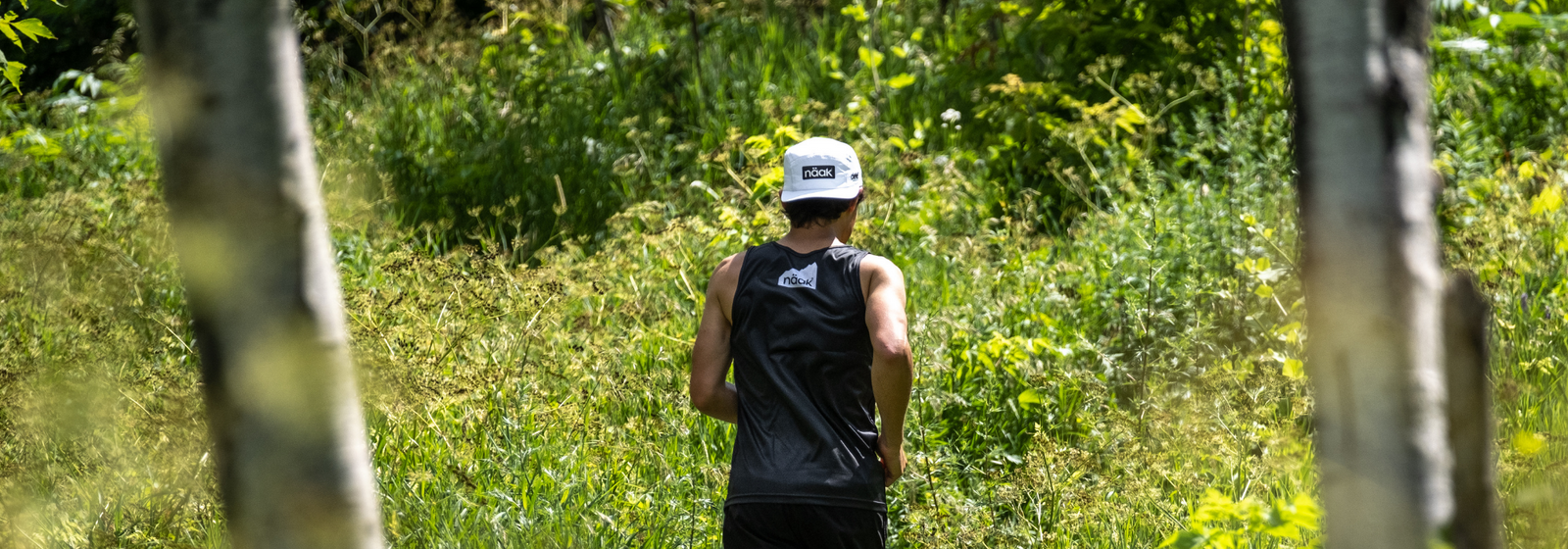

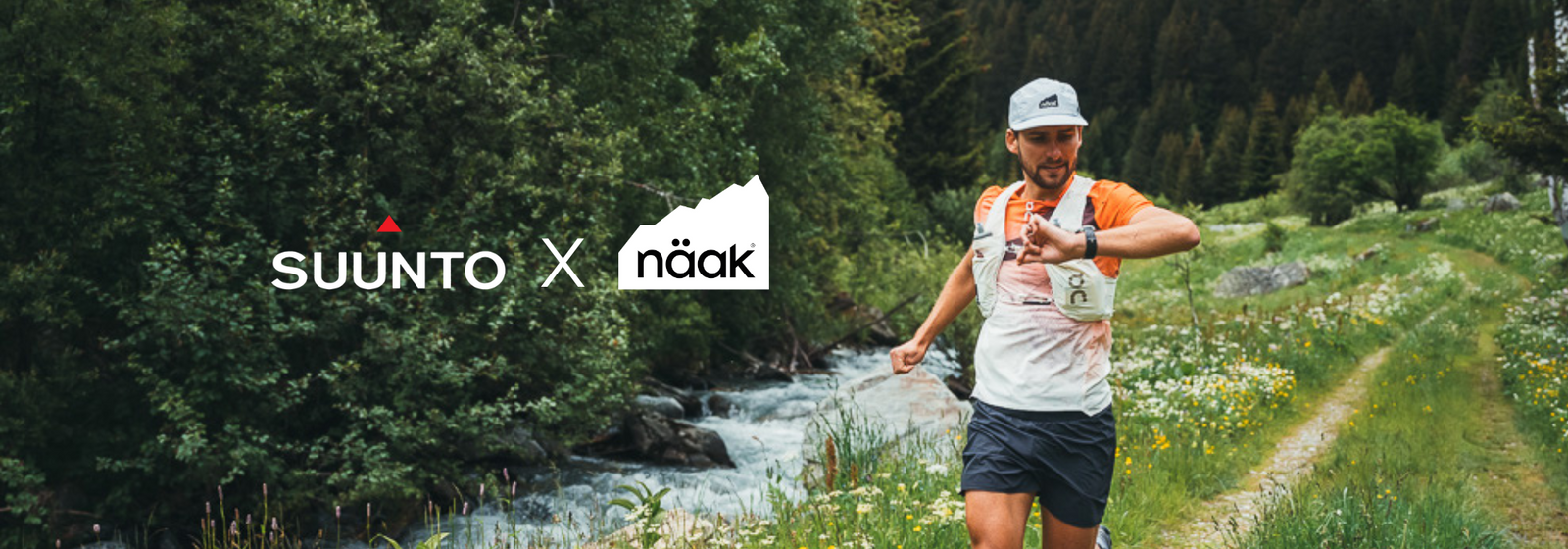
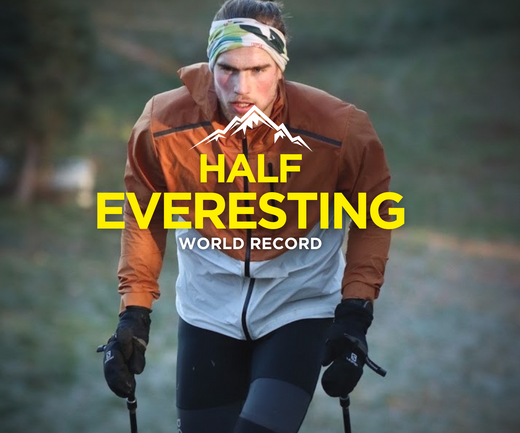


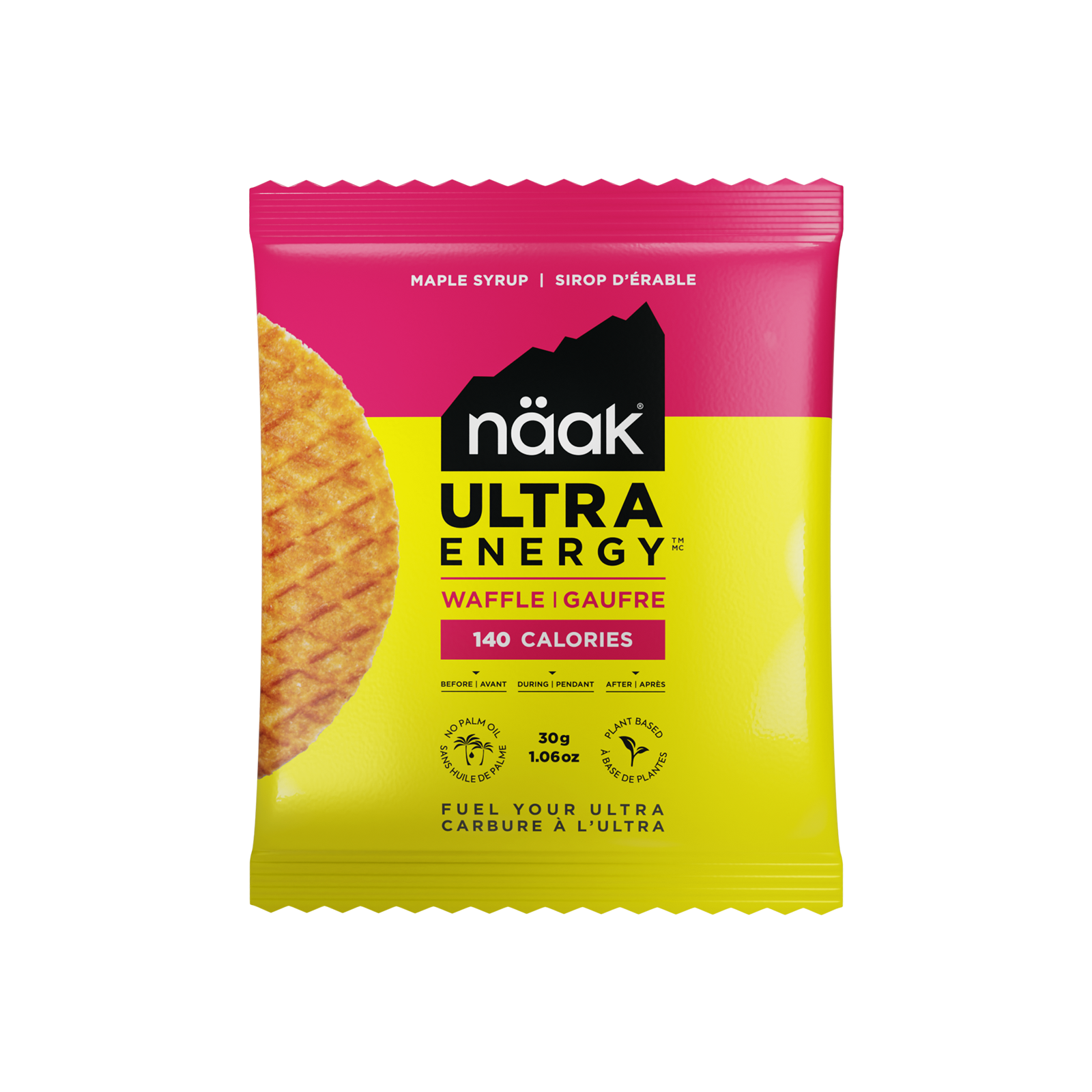
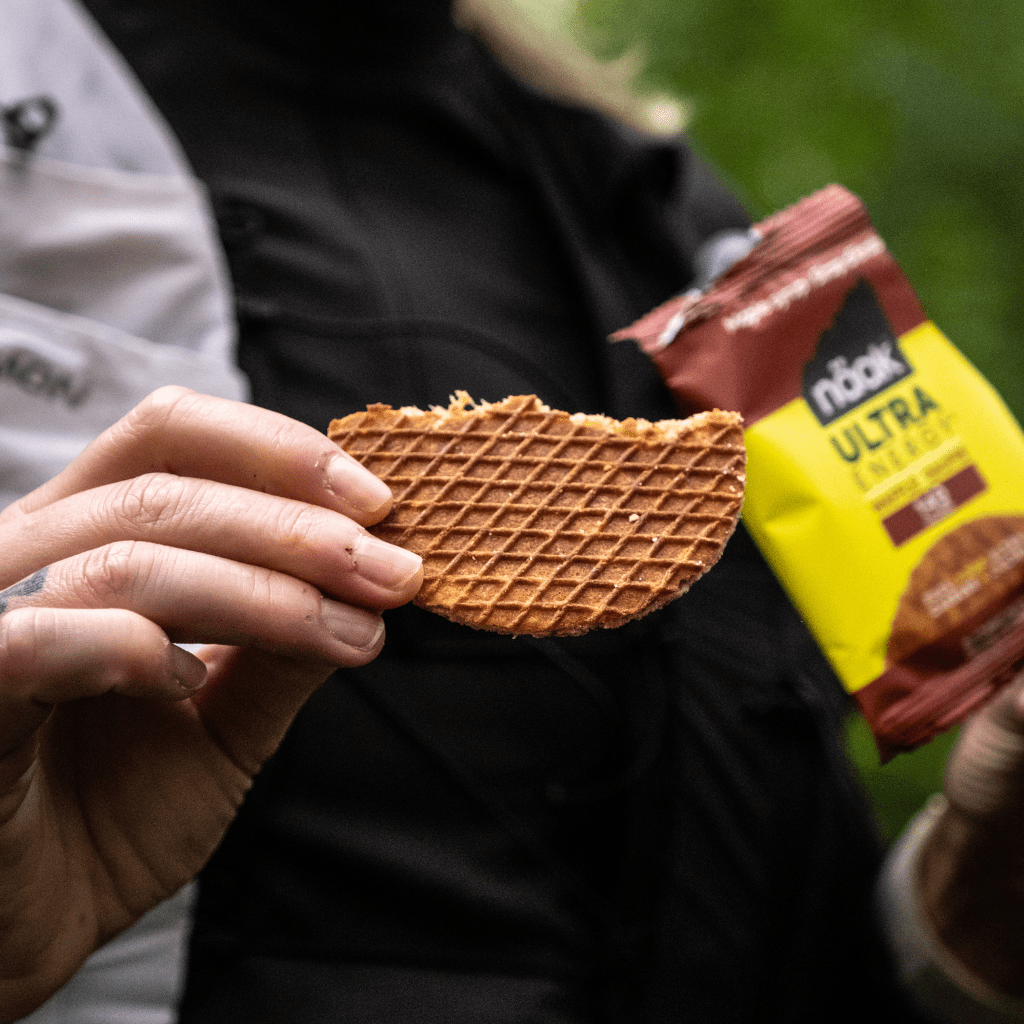
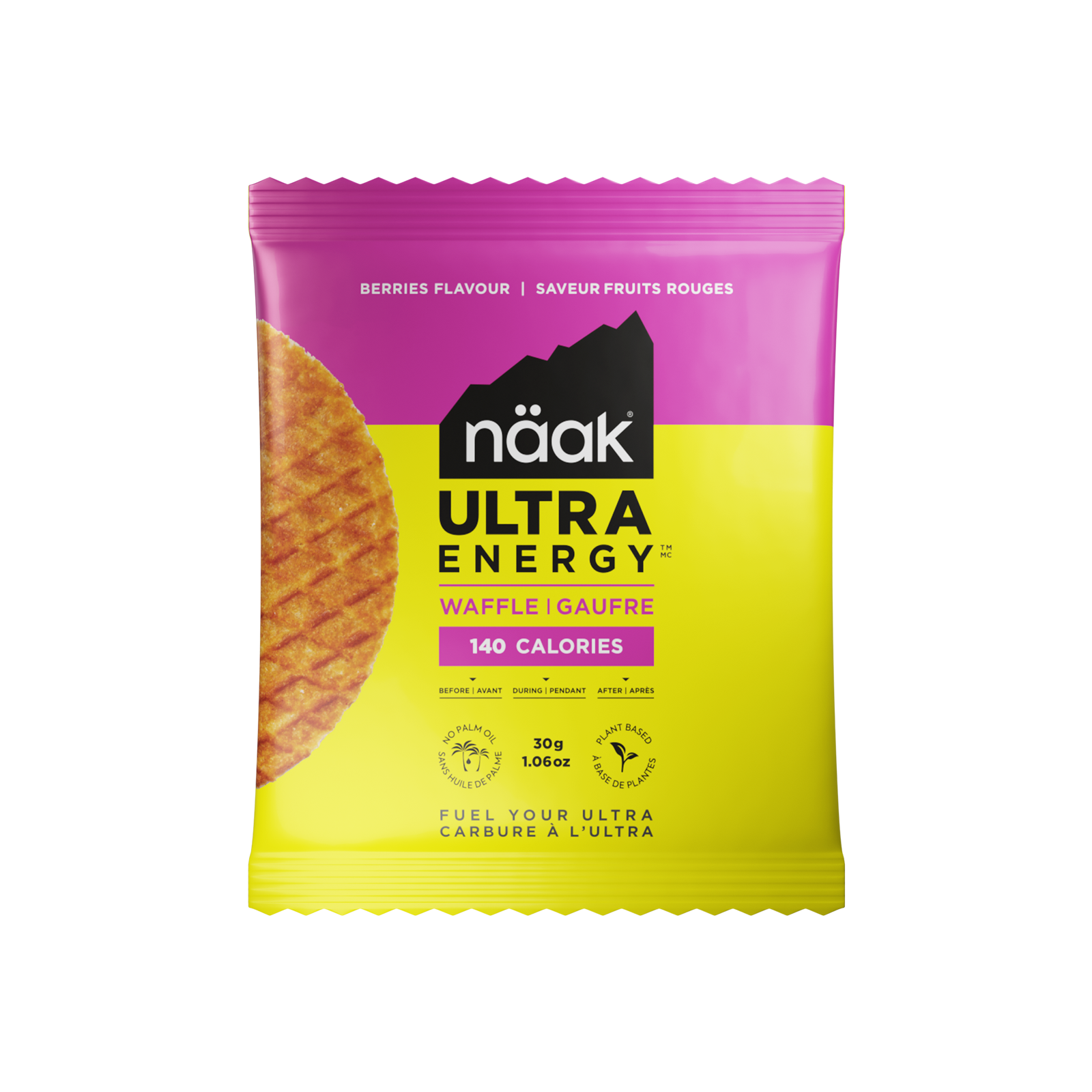
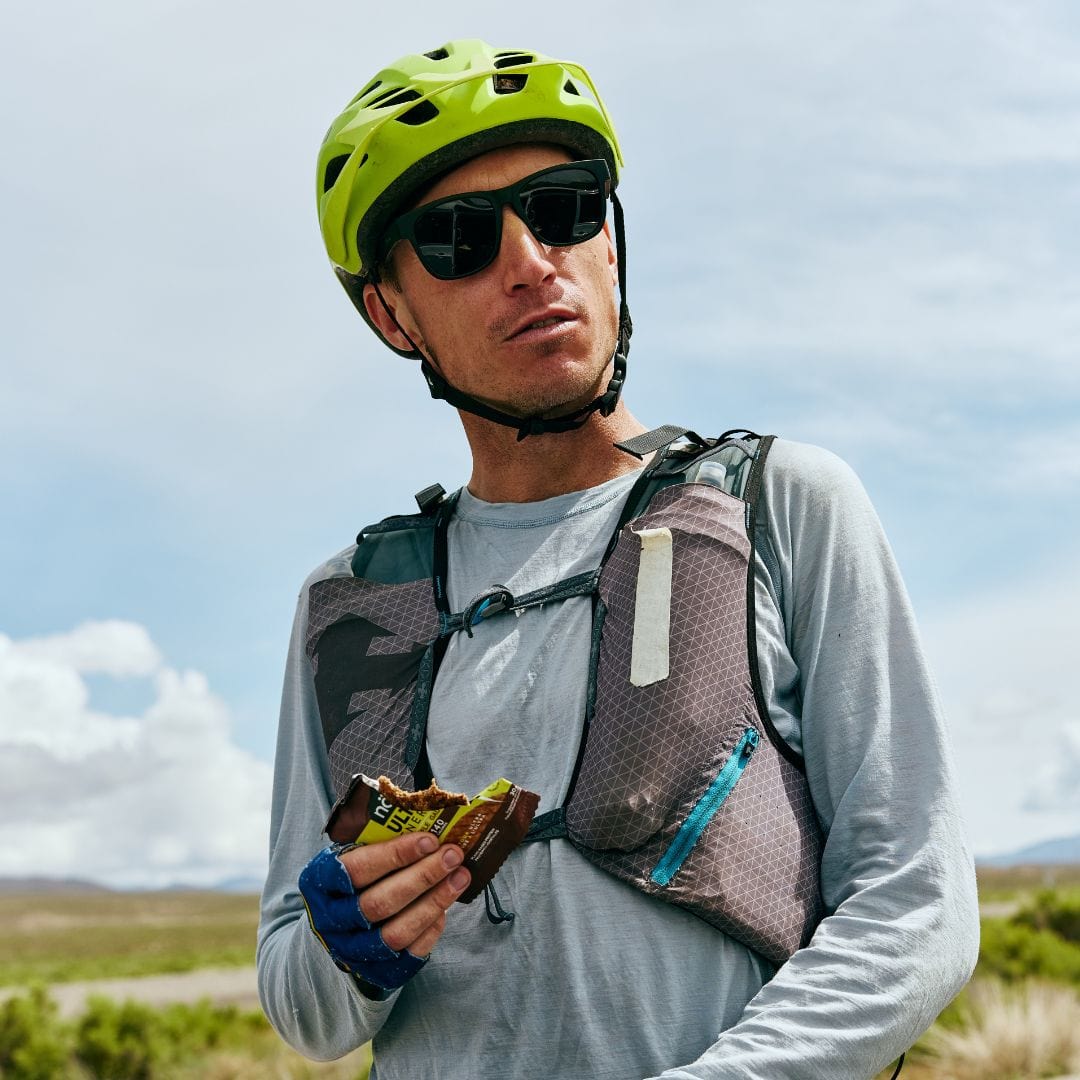



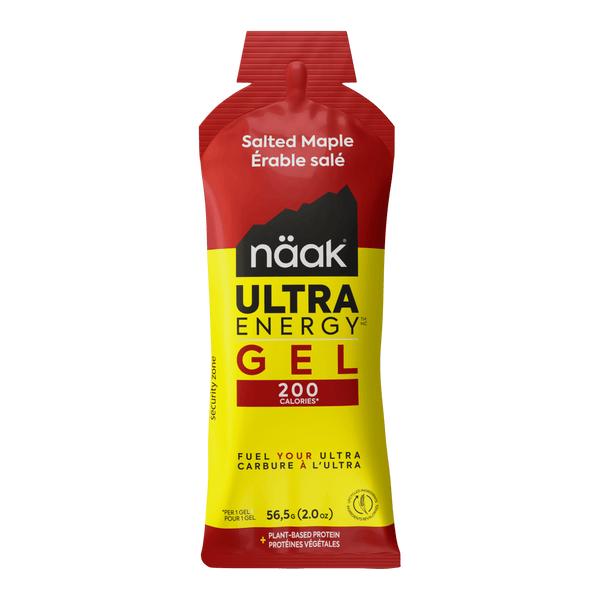

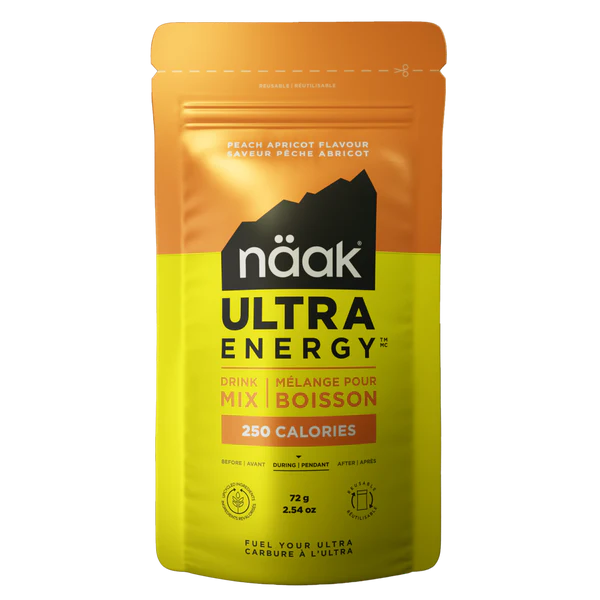
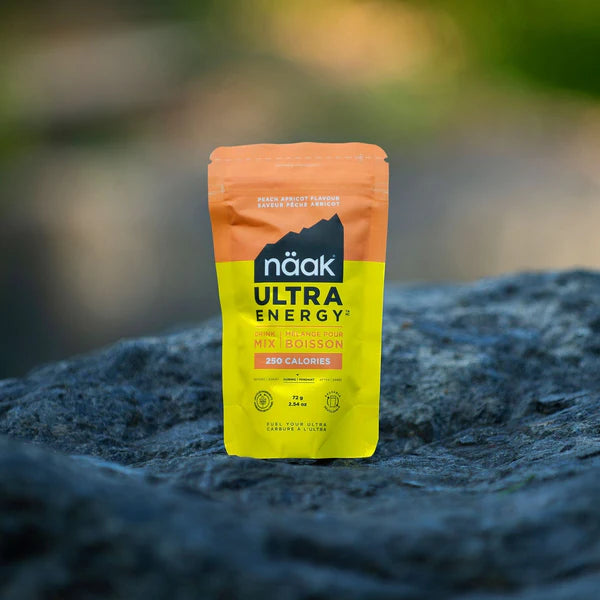


Leave a comment (all fields required)